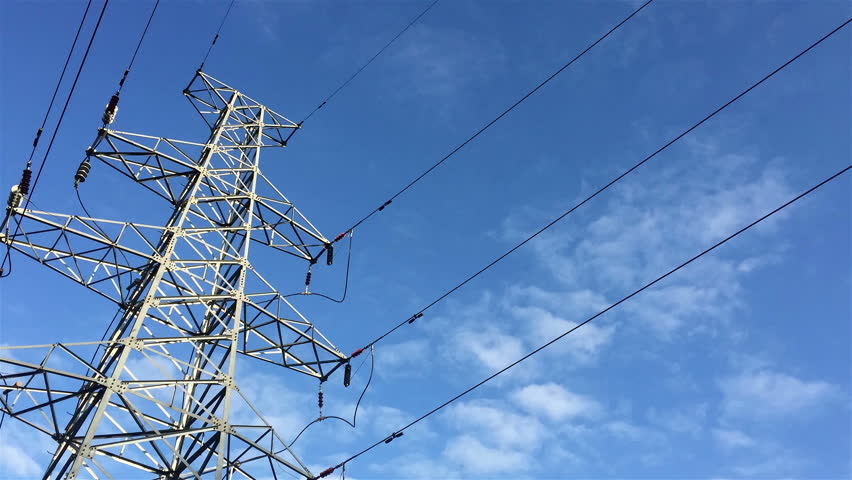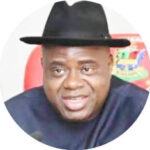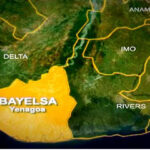Angry members of the Ijaw Youths Council (IYC) had occupied offices of the Port Harcourt Electricity Distribution Company (PHEDC) in the city of Yenagoa, in Bayelsa — stopping the local electricity supply for some 400,000 people.
Former President Goodluck Jonathan is from Bayelsa state. He was president of the oil-rich country from 2010 till 2015, when President Muhammadu Buhari defeated him at the poll.
After talks with the Bayelsa State government, demonstrators agreed to end their occupation, allowing the PHEDC to restart operations in the next few days.
“We have suspended our protest at the instance of the Bayelsa government,” a chairperson for the IYC, Kenedy Olorogun told AFP.
“We took this approach to make it clear that the status quo is no longer acceptable,” he said, bemoaning frequent power outages.
The government had promised the situation would improve and that electricity supply would return to the city “within 48 hours,” he said.
The PHEDC also said it would soon restart operations.
Oil-rich Nigeria, Africa’s most populous nation, is plagued by widespread power outages that leave homes and businesses without electricity for long stretches.
The demonstrations in Yenagoa left the city without power for 16 days, leaving many lamenting the crippling effects on their lives.
Queues have snaked out of many of Yenagoa’s petrol stations with local residents scrambling to buy fuel for generators.
The power company insisted it was struggling with a shortfall due to unpaid bills totalling some $45 million (40 million euros).
Nigeria has the potential to produce some 13,000 megawatts of power from its current grid but on most days can only reach around 4,000 megawatts.
The central government has pledged to overhaul the electricity system and struck an agreement with German firm Siemens last year aimed at tripling reliable supplies by 2023. (AFP)

 Join Daily Trust WhatsApp Community For Quick Access To News and Happenings Around You.
Join Daily Trust WhatsApp Community For Quick Access To News and Happenings Around You.


